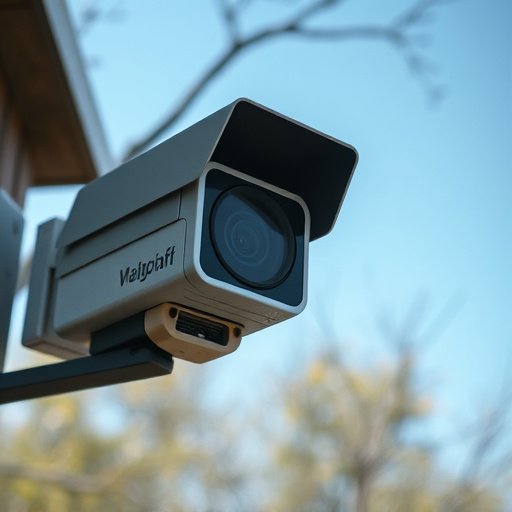Tenants should inspect rental properties for concealed cameras, especially in secluded areas. Landlords using smart home devices for surveillance face legal issues and privacy concerns regarding data protection. Installation of hidden cameras in rentals is subject to strict regulations, prioritizing tenant privacy rights.
In today’s digital era, renting a home may come with hidden dangers. Unsuspecting tenants could be under constant surveillance through concealed cameras with streaming capabilities embedded in their living spaces. This article delves into the unsettling reality of secret surveillance in rental properties, uncovering common areas where cameras might lurk and exploring the legal implications of this invasion of privacy. By understanding these potential threats, tenants can become more vigilant and informed.
- Uncovering Hidden Camera Locations in Rentals
- Common Areas: Potential Surveillance Spots
- Smart Home Devices: A Veiled Threat?
- Legal Implications of Secret Surveillance in Rentals
Uncovering Hidden Camera Locations in Rentals
Uncovering hidden cameras in rental properties is a growing concern for tenants. Landlords and property managers often utilize concealed camera streaming capabilities to monitor spaces, but this raises privacy issues. Tenants should be vigilant and aware of potential surveillance spots, such as behind mirrors, inside light fixtures, or under furniture. Regularly inspecting these areas can help identify suspicious devices.
Additionally, looking for signs like unusual wiring or power outlets in secluded locations is crucial. Modern technology allows for tiny cameras with advanced streaming capabilities, making them nearly invisible to the naked eye. Therefore, staying informed and proactive about potential surveillance risks is essential for protecting one’s privacy while renting.
Common Areas: Potential Surveillance Spots
Common areas within rental properties can often serve as hidden locations for concealed cameras, taking advantage of their accessibility and lack of immediate suspicion. These spots include hallways, lobbies, and common living spaces like kitchens or laundry rooms. With modern technology, small, discreet cameras equipped with streaming capabilities can be easily installed in these areas, allowing for constant surveillance. Even seemingly innocuous items like smoke detectors, light switches, or fake fire alarms could double as camera hidden devices, capturing footage without raising any red flags among tenants. Landlords and property managers must remain vigilant in understanding these potential surveillance spots to ensure the privacy and security of their residents.
Smart Home Devices: A Veiled Threat?
Smart home devices have become increasingly popular, promising convenience and enhanced living experiences. However, a growing concern among privacy advocates is the potential for these devices to serve as hidden surveillance tools. Many smart home gadgets, such as security cameras and voice assistants, come equipped with concealed camera streaming capabilities, allowing them to capture and transmit video data without the user’s explicit knowledge or consent.
This raises serious questions about the potential misuse of personal information and the invasion of privacy in rental properties. Landlords and property managers who install these devices could gain access to live streams or recorded footage from tenants’ homes, posing significant threats to individual privacy and security. It is essential for both landlords and tenants to be aware of the surveillance capabilities of smart home devices and understand their rights and responsibilities regarding data protection and privacy.
Legal Implications of Secret Surveillance in Rentals
The installation of concealed cameras in rental properties raises significant legal concerns for both landlords and tenants. While some states allow landlords to install surveillance devices for security purposes, there are strict regulations regarding their placement and use. Unlawful or invasive monitoring can lead to severe legal repercussions, including civil rights violations and criminal charges.
Tenants have the right to privacy, and any form of secret surveillance without their knowledge or consent is a breach of trust. Moreover, the streaming capabilities of these concealed cameras could potentially expose sensitive personal information, such as private conversations and activities, if not properly secured. In light of these legal implications, landlords should prioritize transparency and adhere to ethical standards when considering surveillance measures in rented spaces.
In exploring the hidden dangers of secret surveillance in rental properties, from common areas to smart home devices, it’s clear that tenants face an evolving challenge. Understanding potential hidden camera locations and their streaming capabilities is crucial for safeguarding privacy. While legal implications vary, being vigilant and aware can empower renters to recognize and address these issues, fostering a safer and more transparent residential environment.
